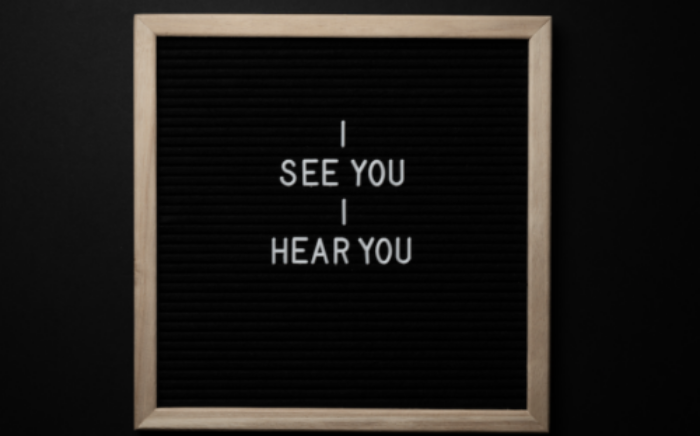September is Children’s Good Manners Month. The term manners can mean many different things to different people, and what are considered good manners can vary in different cultures as well. Manners be the words we use such as saying “please” and “thank you” or greeting others with “hello” and “goodbye” or “good morning.” It can be how we refer to the people we are speaking to, whether we use their first name or last name with a title before it. Manners can also be our actions such as holding the door for the next person, shaking hands, bowing, kissing, putting our napkin in our lap, chewing with our mouth closed, or even where or how we sit.
With so many behaviors that can fall under the category of manners where do we star? When thinking about how to get the best manners out of your children it can help to start by asking yourself some questions. What are the behaviors that matter most to you? What do you consider as falling into the category of manners? How do aspects of your culture factor in? What would you like to see your kids do but is not absolutely necessary? What do you view as absolutely necessary when it comes to manners? Every family will have different answers to these questions, and maybe the answers will even change within a family based on the situation.
Here are some pointers for shaping good manners:
- Teach your children the manners you want them to use being very clear and specific. They may not just pick up on this and will need to be told exactly what you would like them to do. Let them know who this applies to and in what situations and settings.
- Explain the reasons manners matter to you and your family. If there are cultural elements here this is a great opportunity to educate your children about important aspects of their culture that you want them to carry on.
- Role model the manners you want to see. Use manners in front of your children in public, to your partner, and also to your kids. This way you are practicing what you preach and setting a good example for your children.
- Remind your children. Even if you have taught them manners and role modeled them for your kids, they may still need reminders about what is appropriate for that situation. Remind them before going into a situation to set them up for success ahead of time. Remind them who will be there and what your expectations are.
- Remember to reinforce your children for using their manners. Let them know you heard them and noticed and appreciated it. We all feel good when our positive behaviors are noticed. Praise your child with specific statements like “thank you for using your manners” “great manners today” “I appreciate you saying hello to the neighbors” “I’m glad you thanked the waiter”
- If you have an anxious child keep in mind that manners and social niceties can actually be very difficult for anxious children. They may need more practice outside of the situation and preparation and reminders going into the situation. Start slow and small and work up to lengthier greetings.
It is never too late to start setting expectations about behavior and manners.
Children’s books about manners and kindness:
Manners at School (Way To Be!: Manners)
The Berenstain Bears Forget Their Manners
Do Unto Otters: A Book About Manners
A Kids’ Guide to Manners: 50 Fun Etiquette Lessons for Kids (and Their Families)
How Rude!: The Teen Guide to Good Manners, Proper Behavior, and Not Grossing People Out









